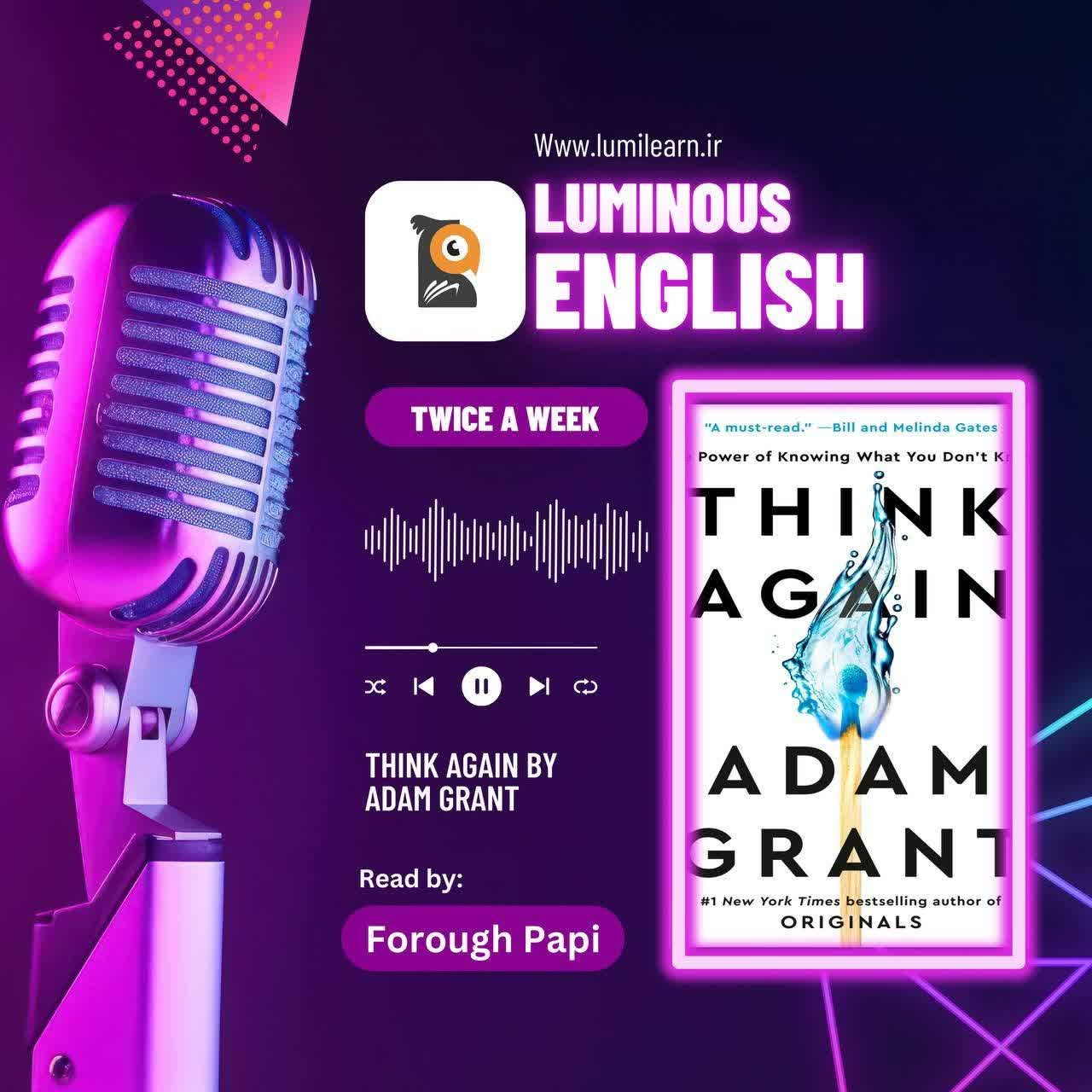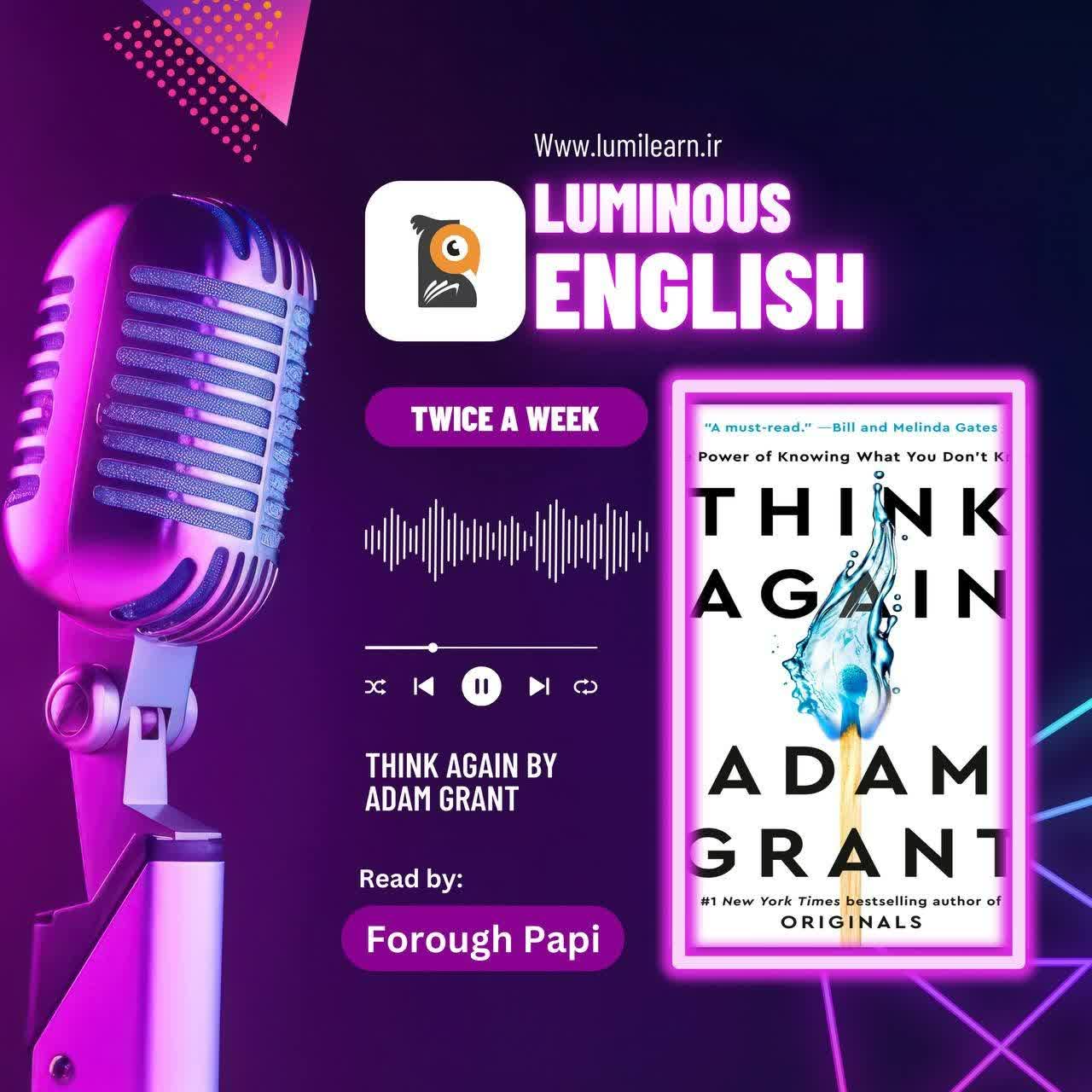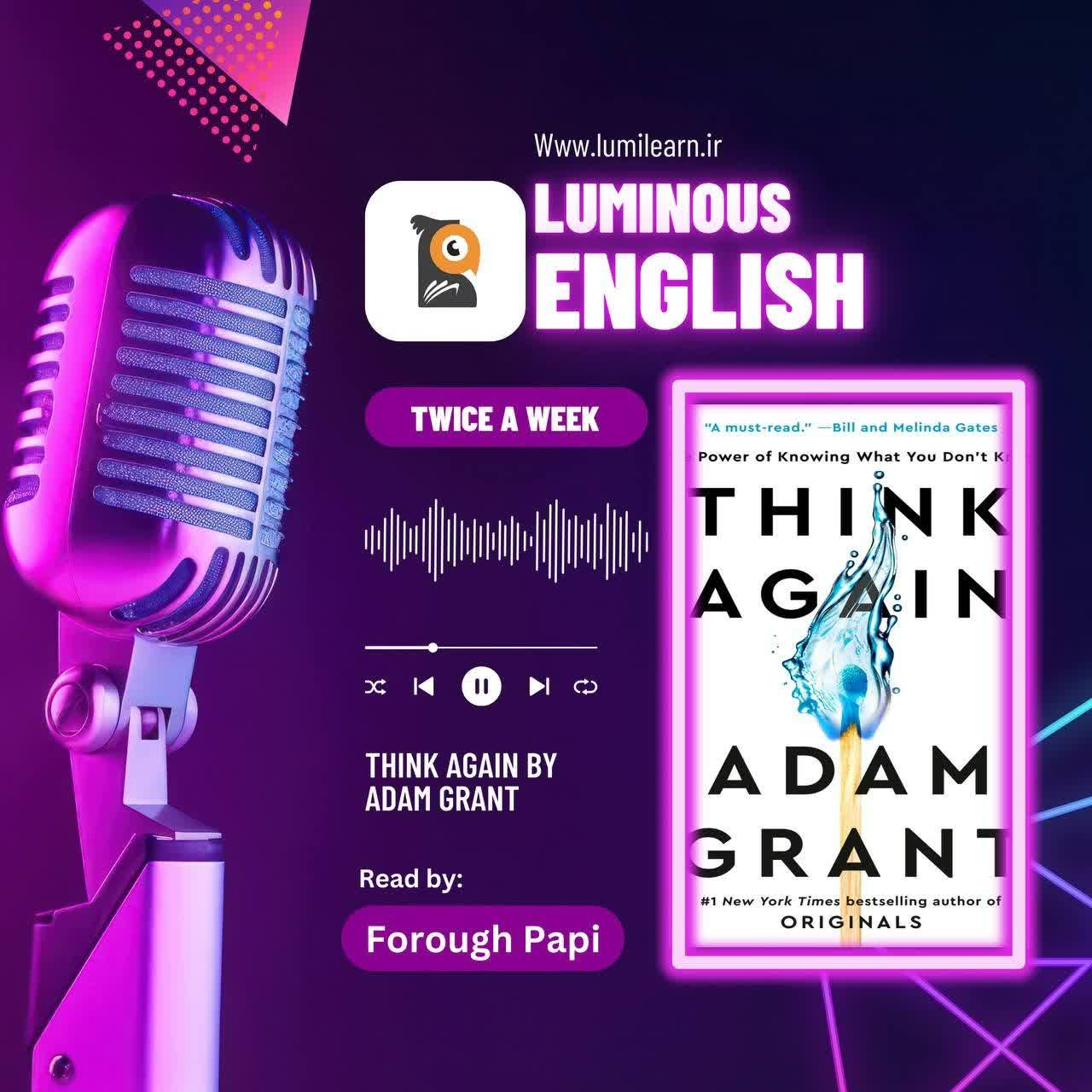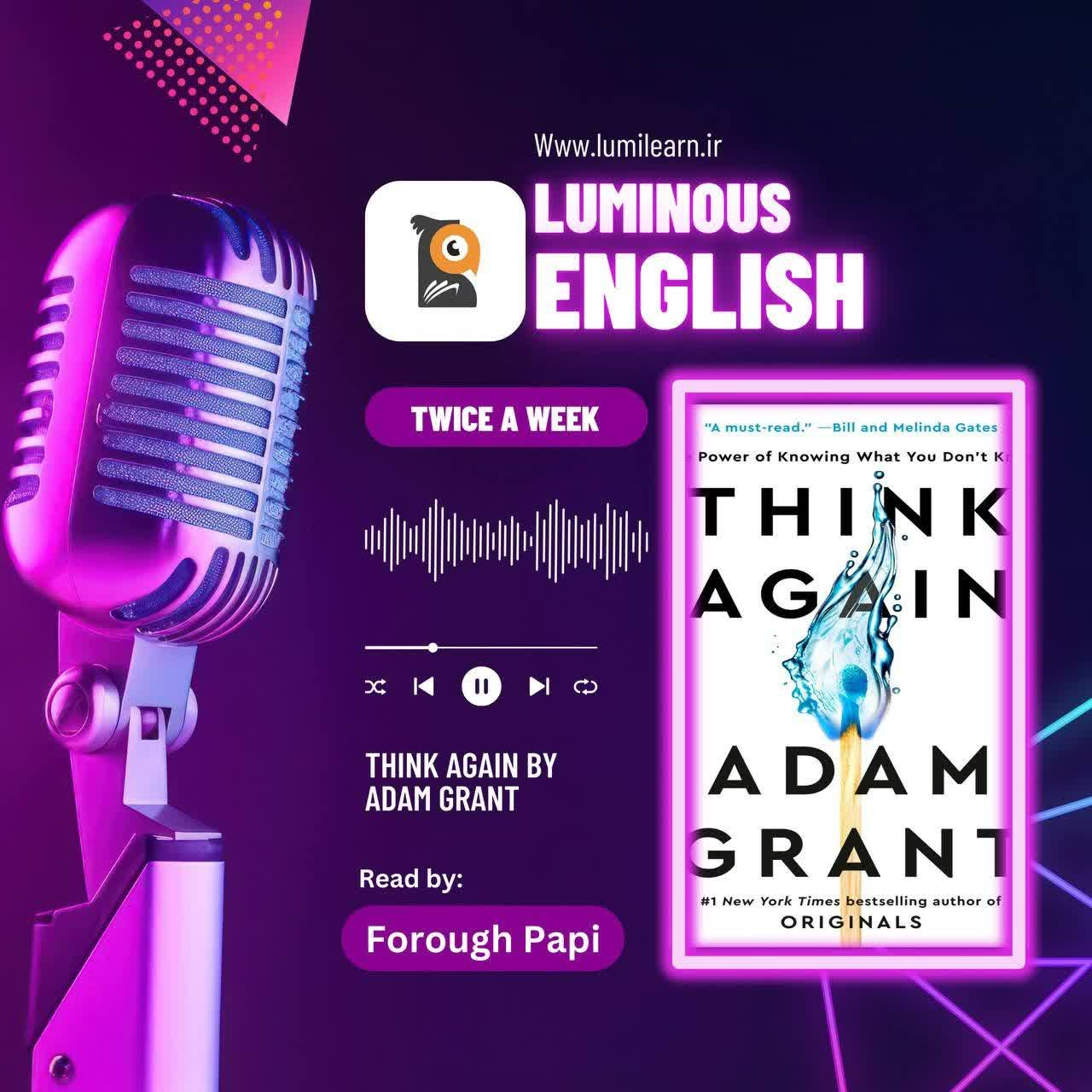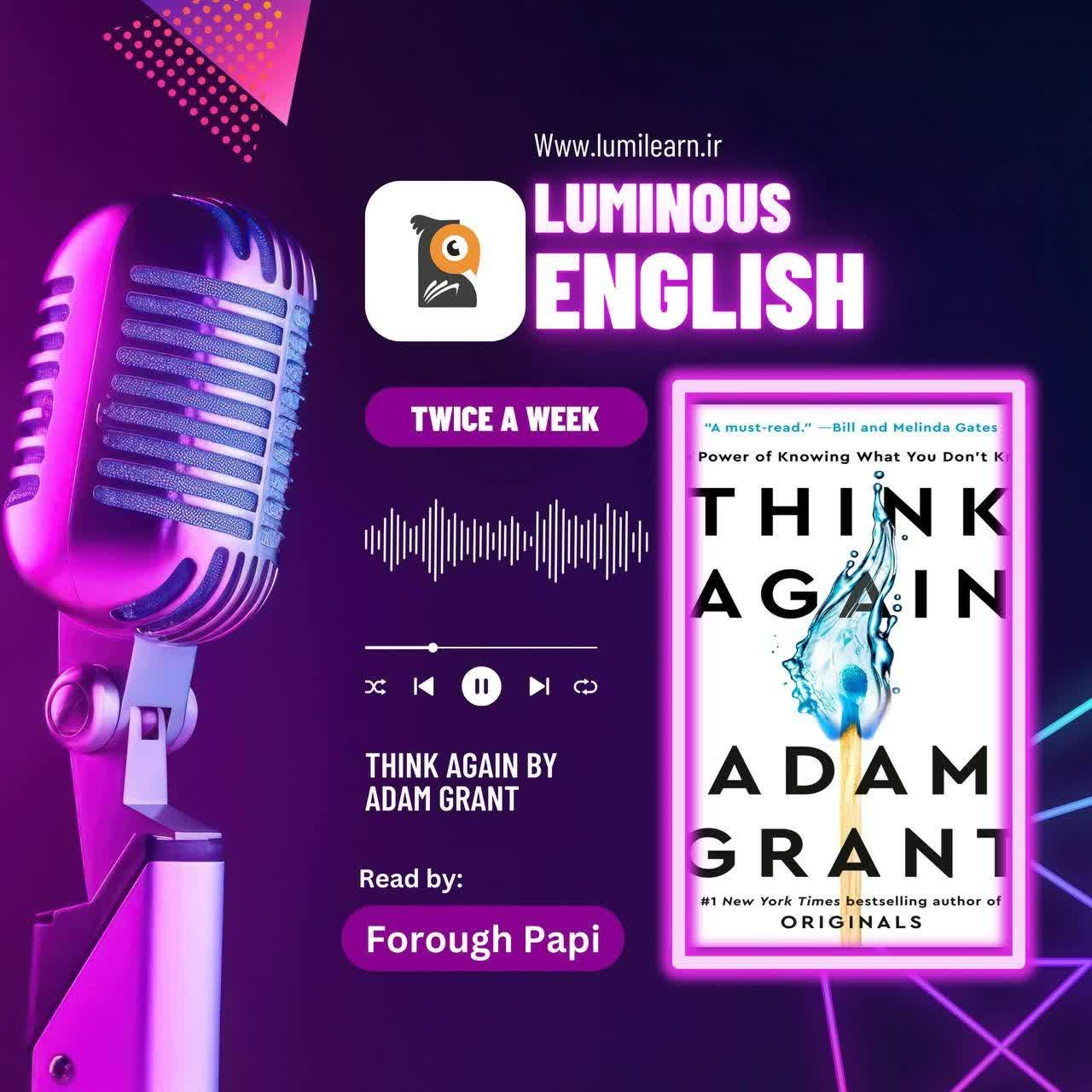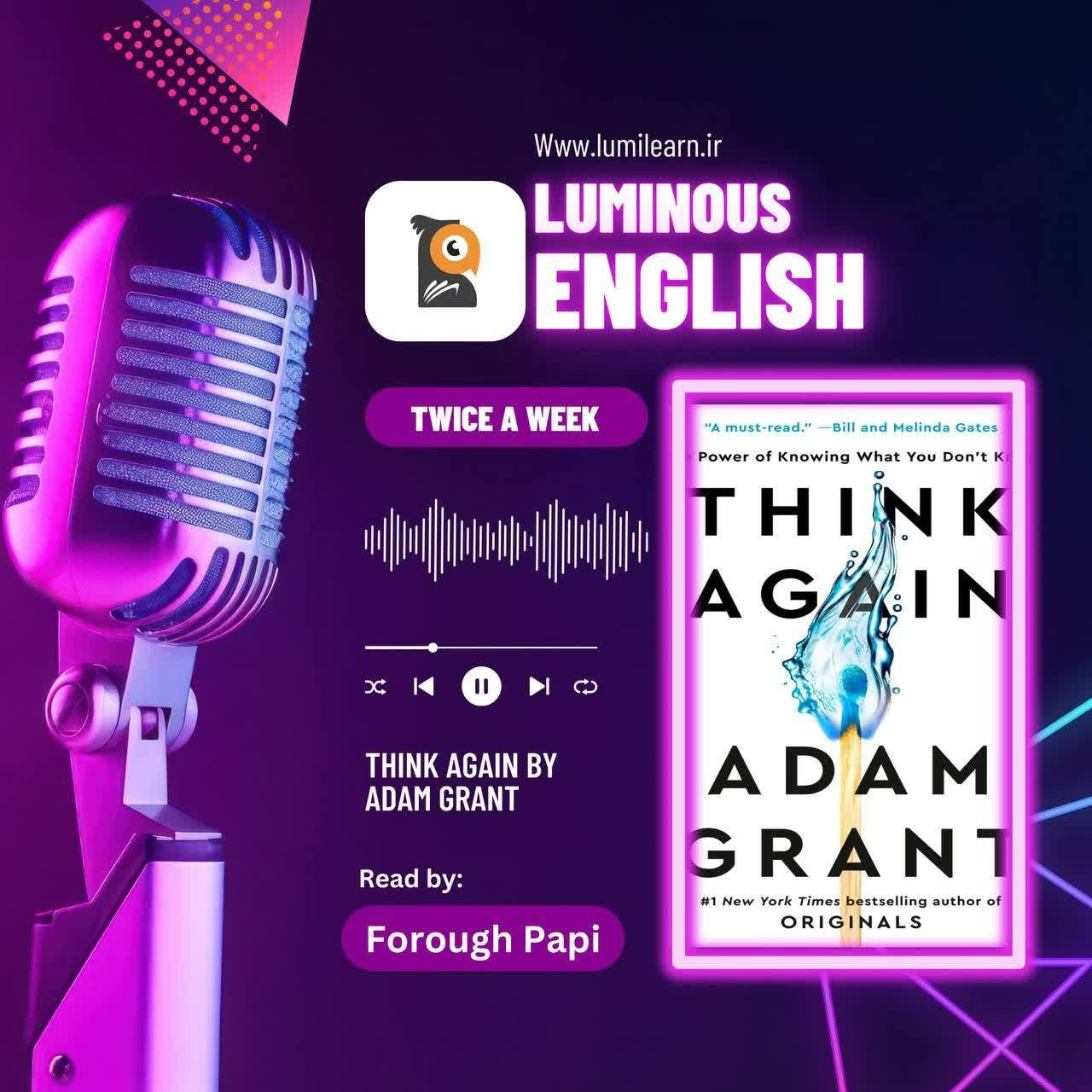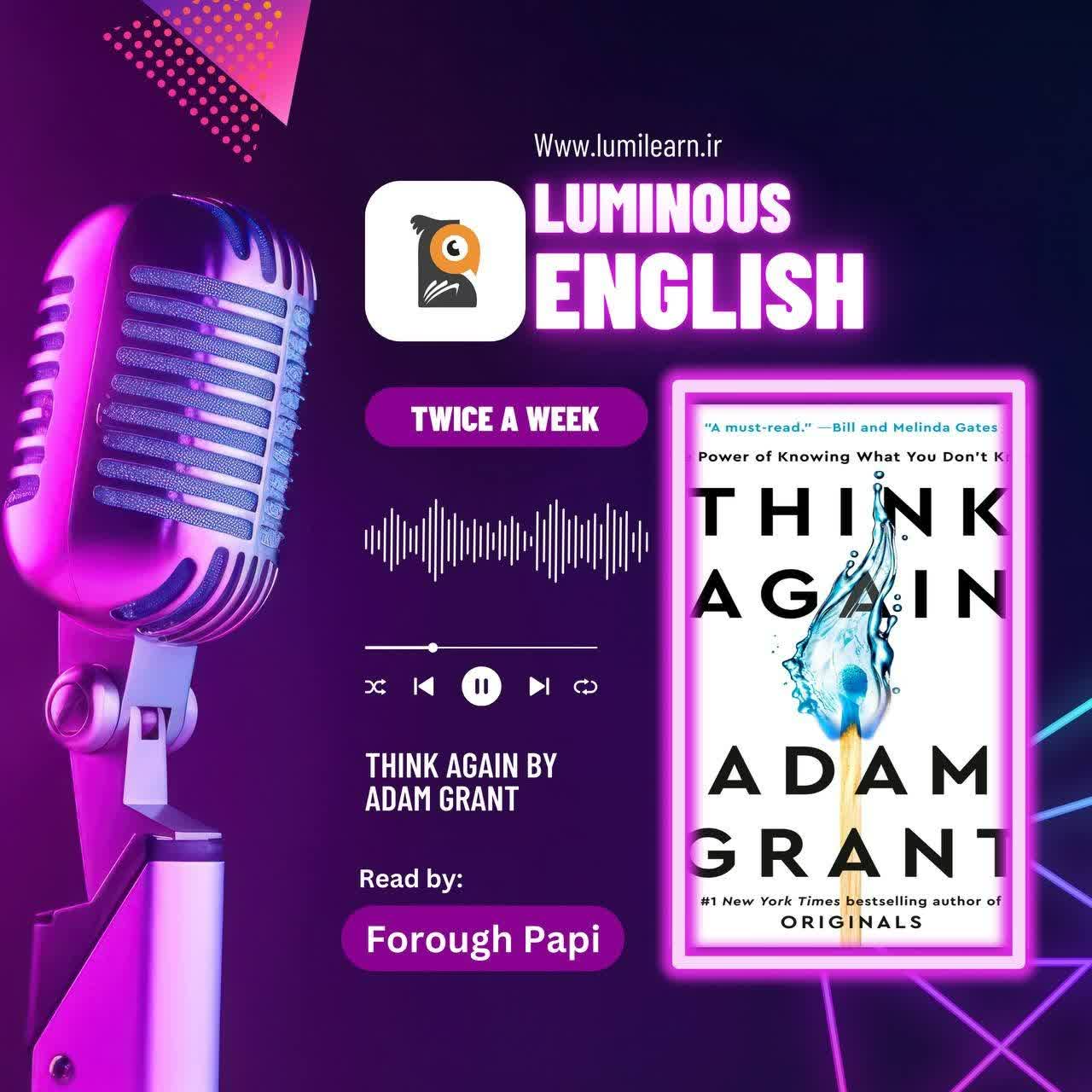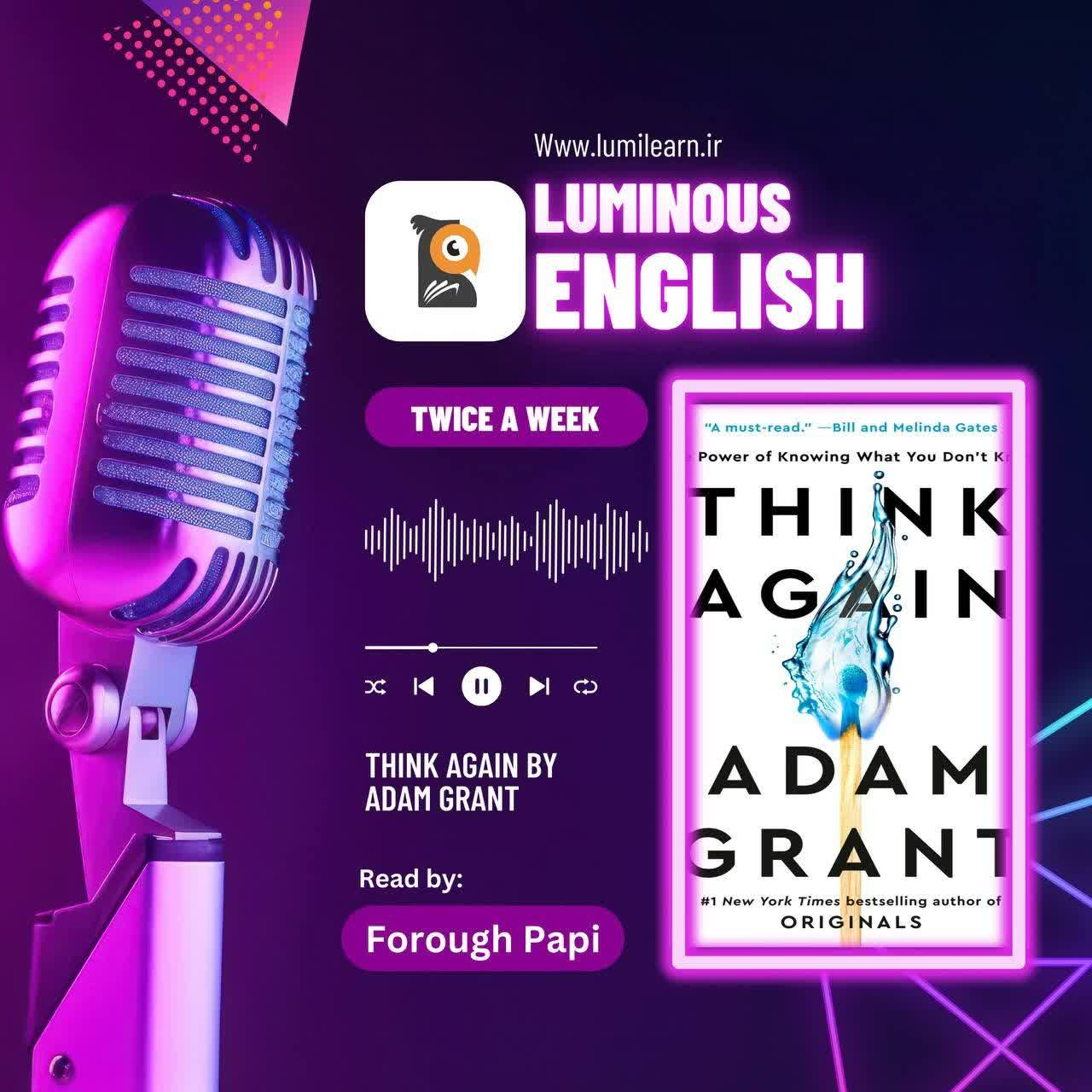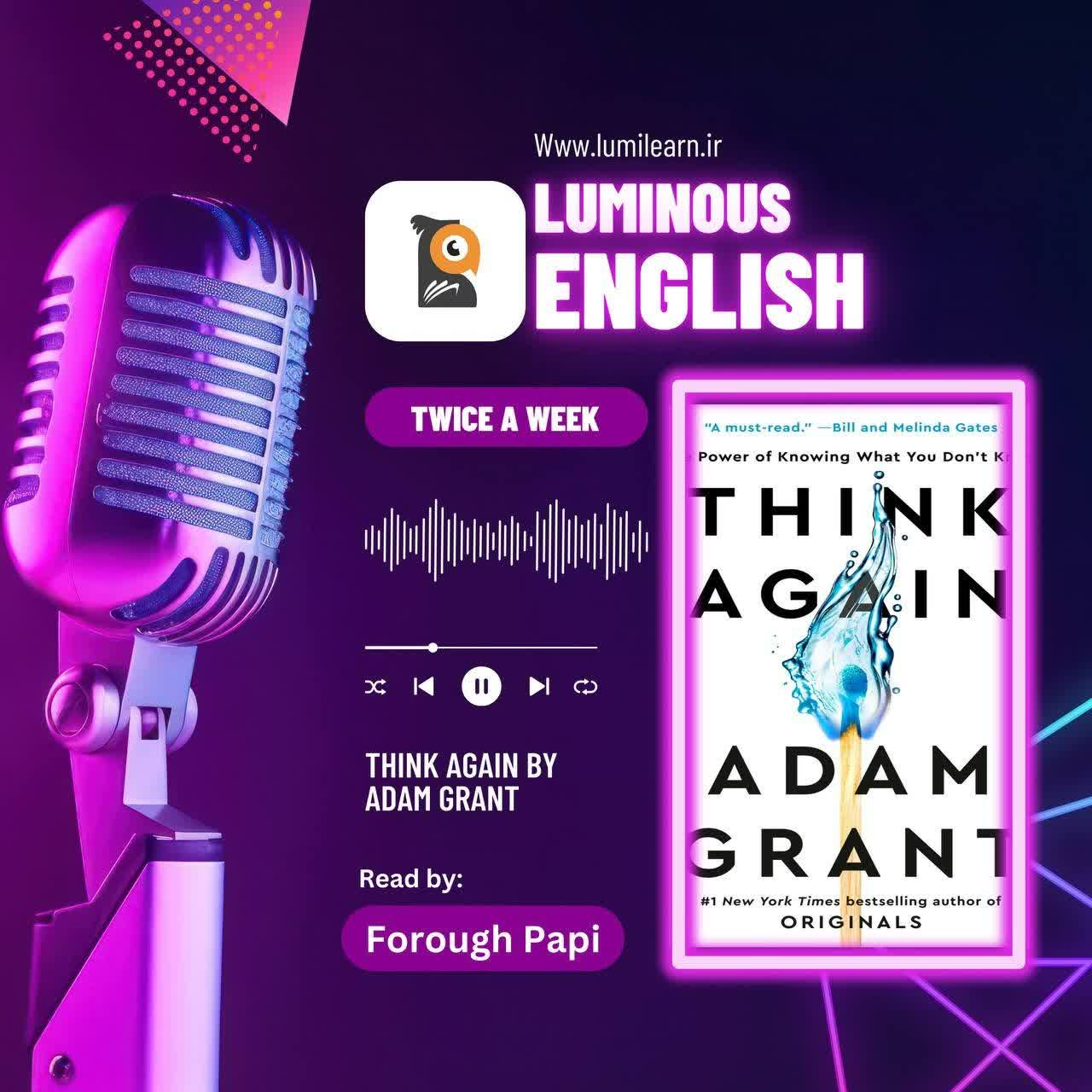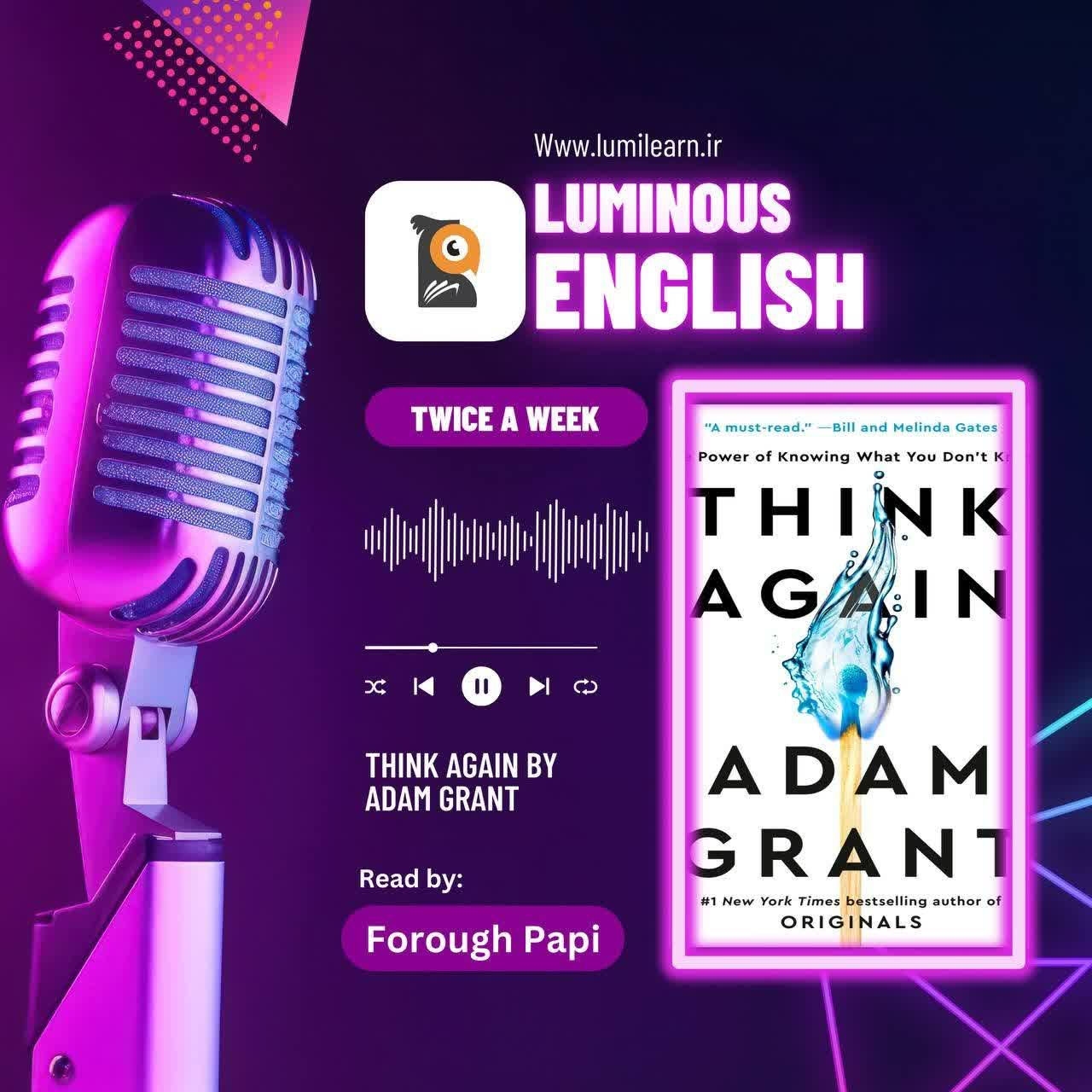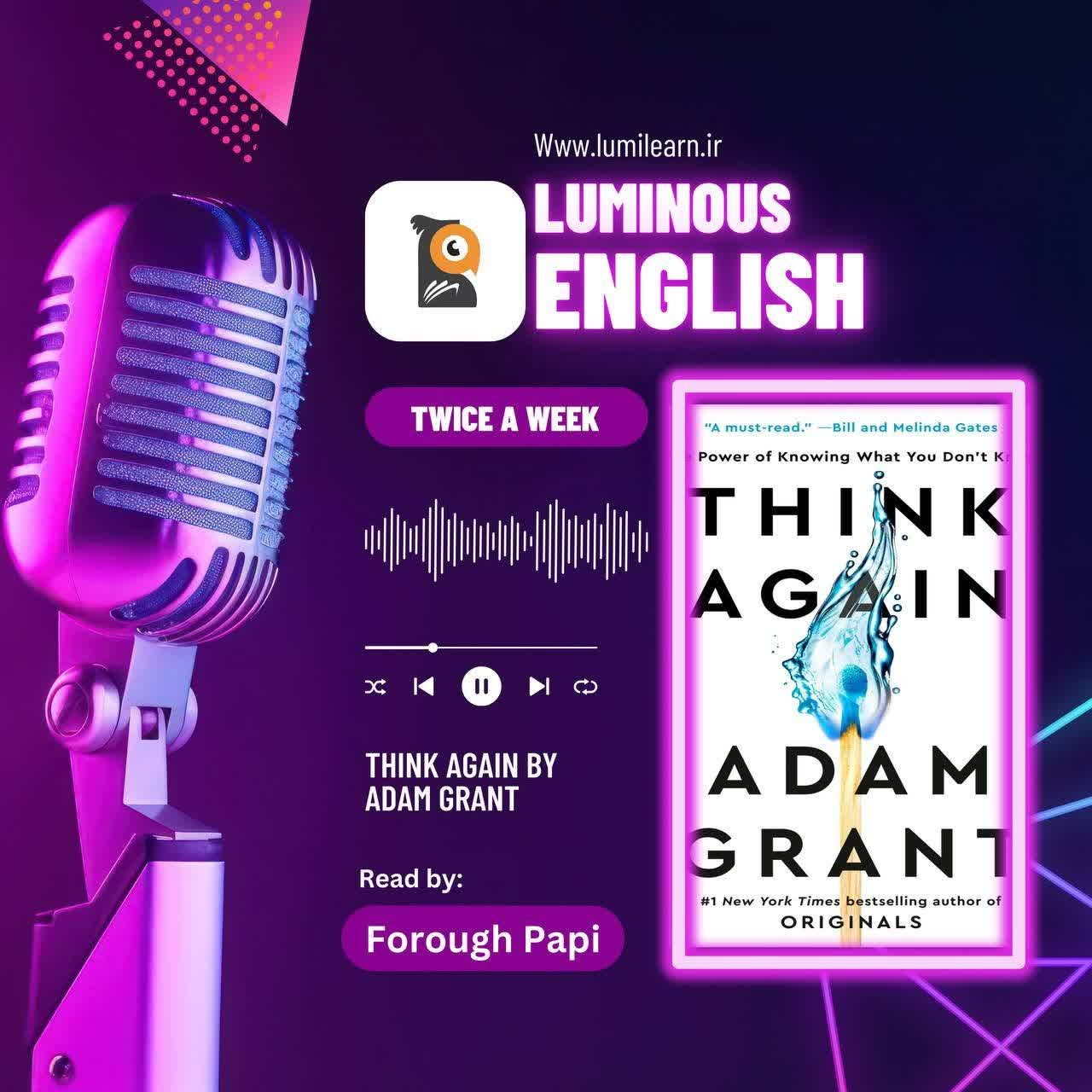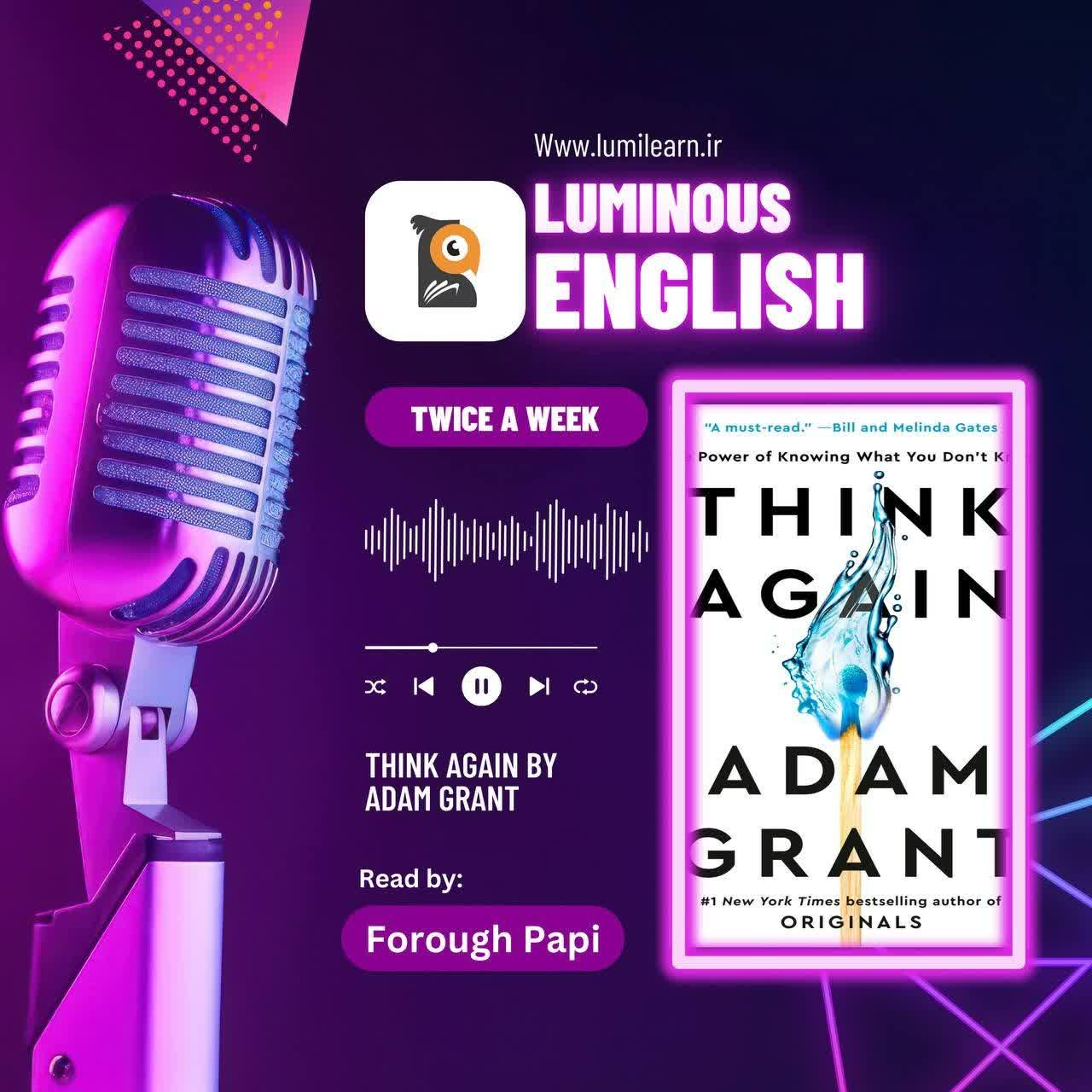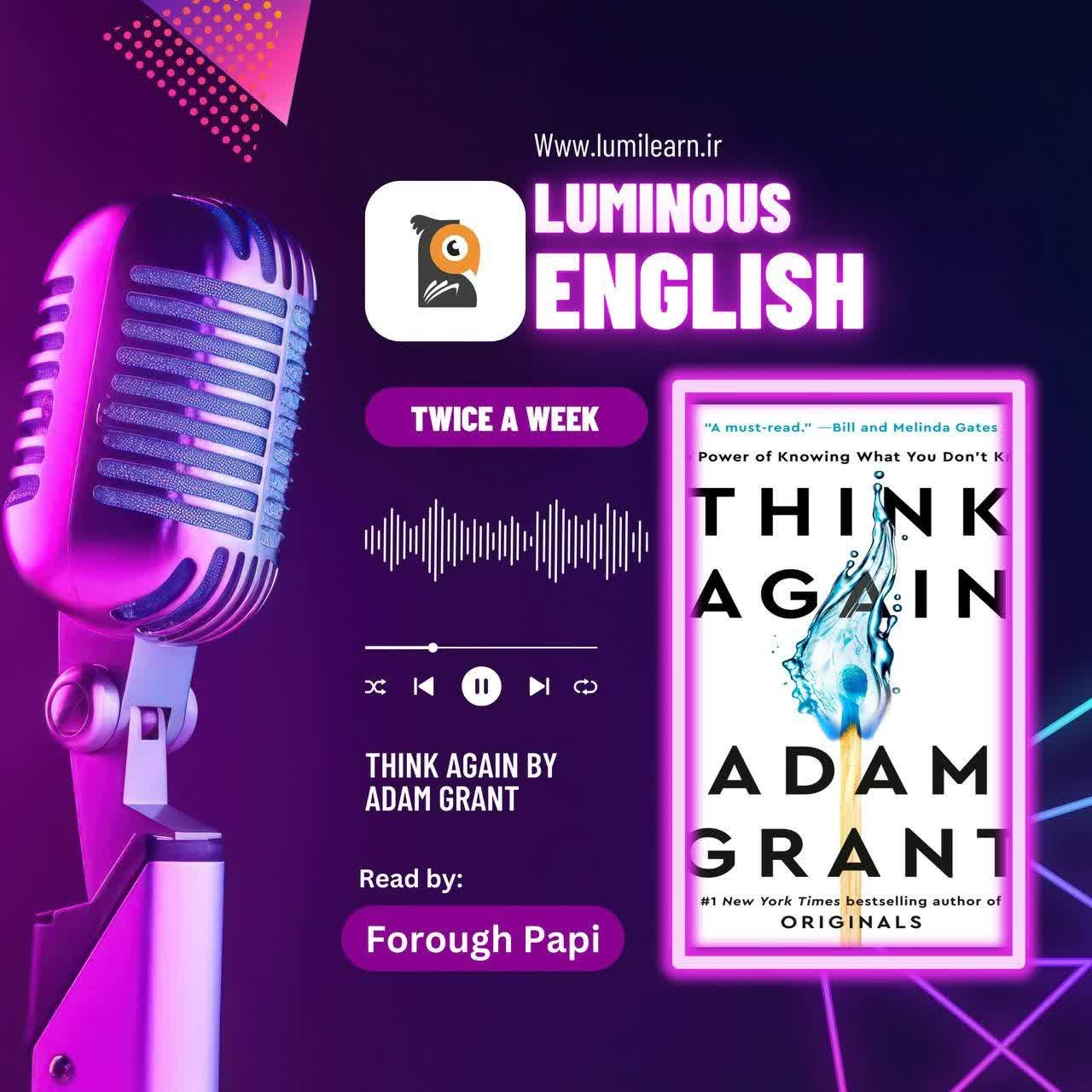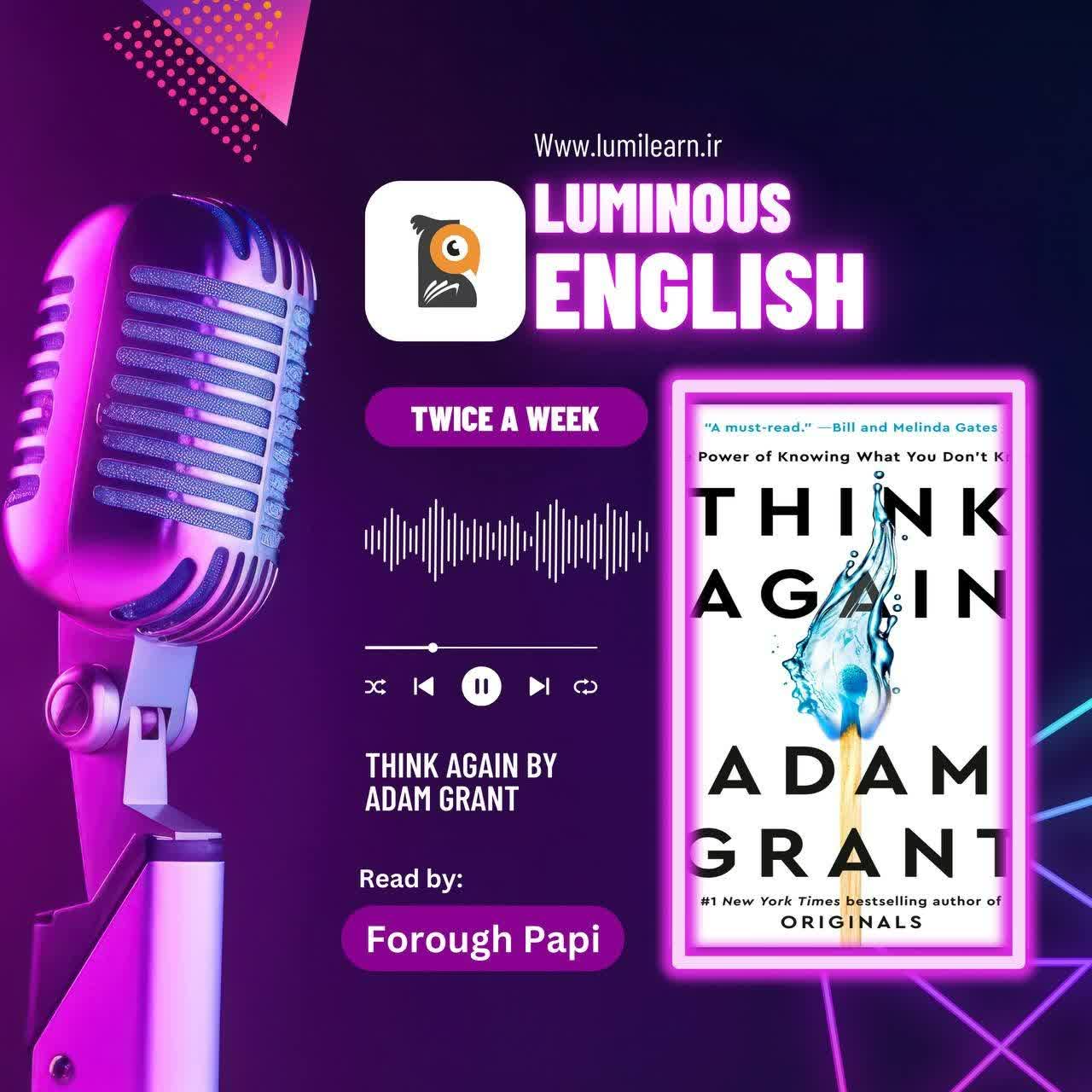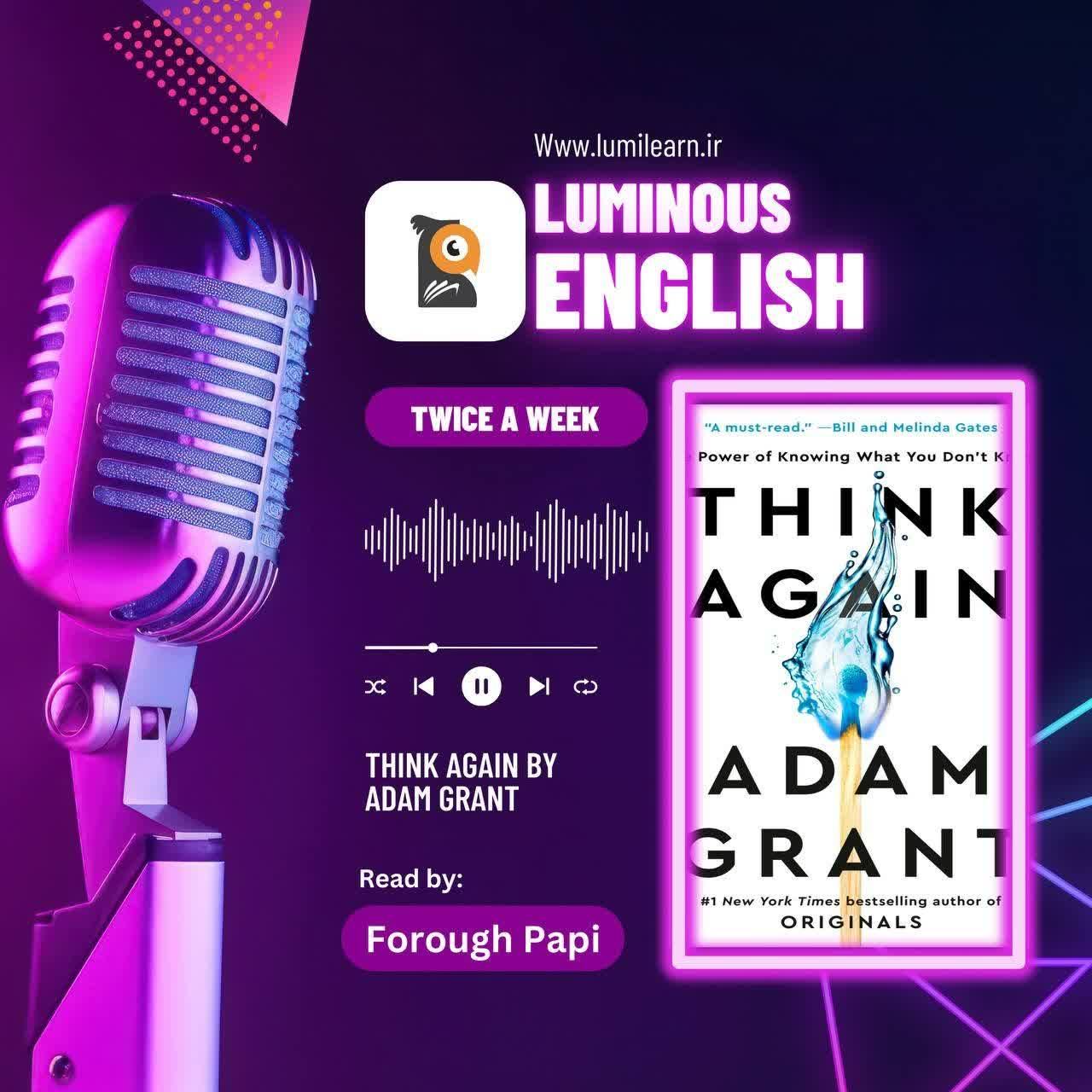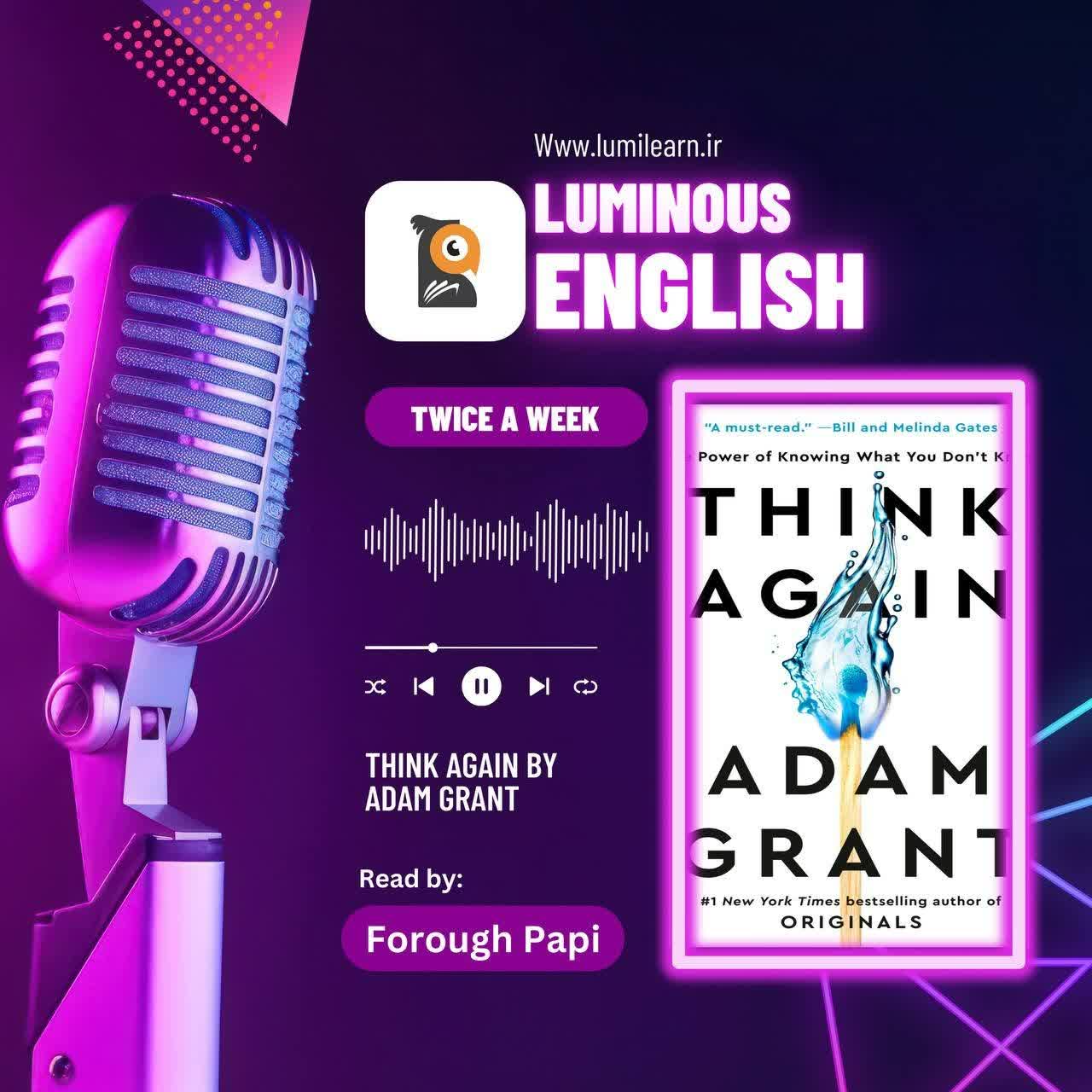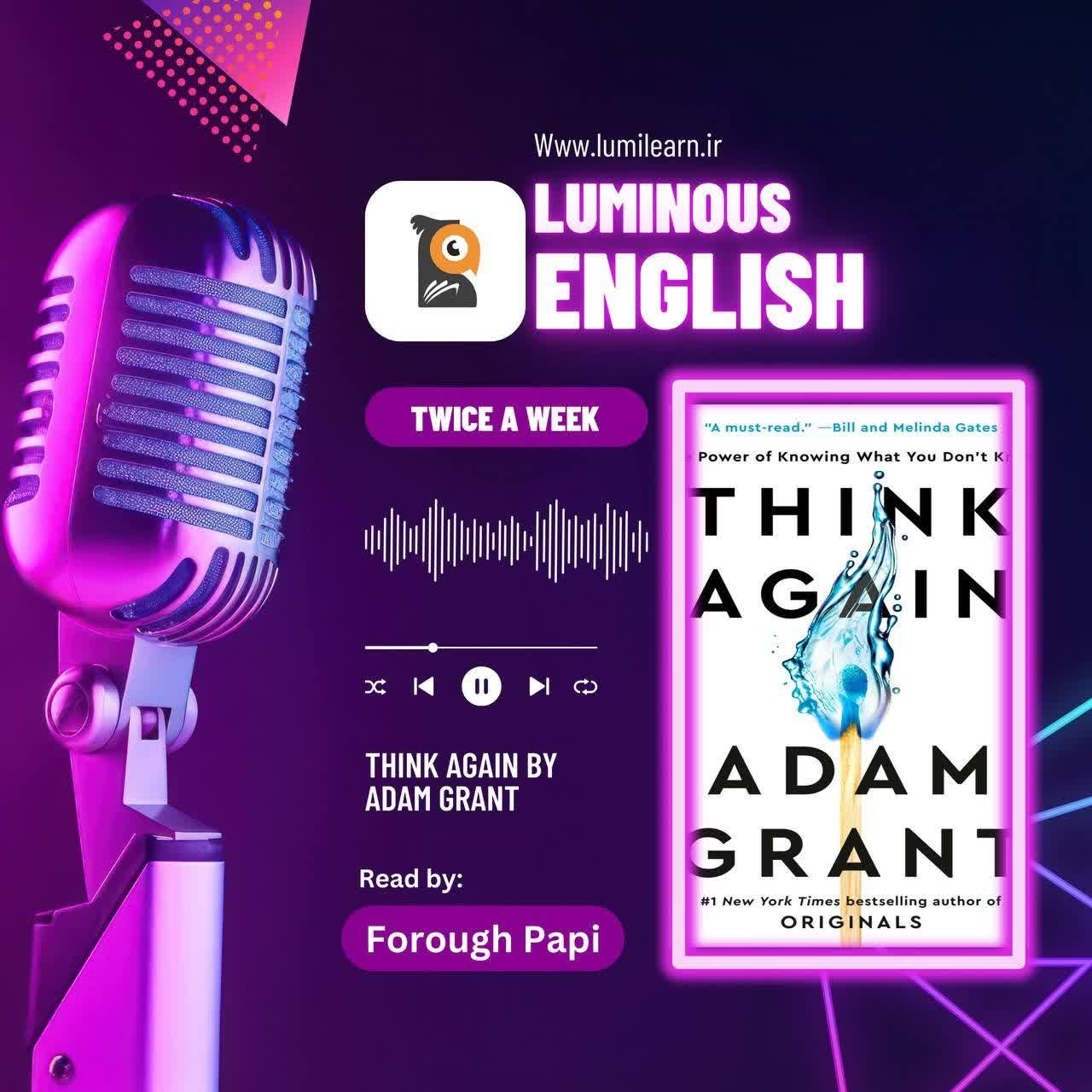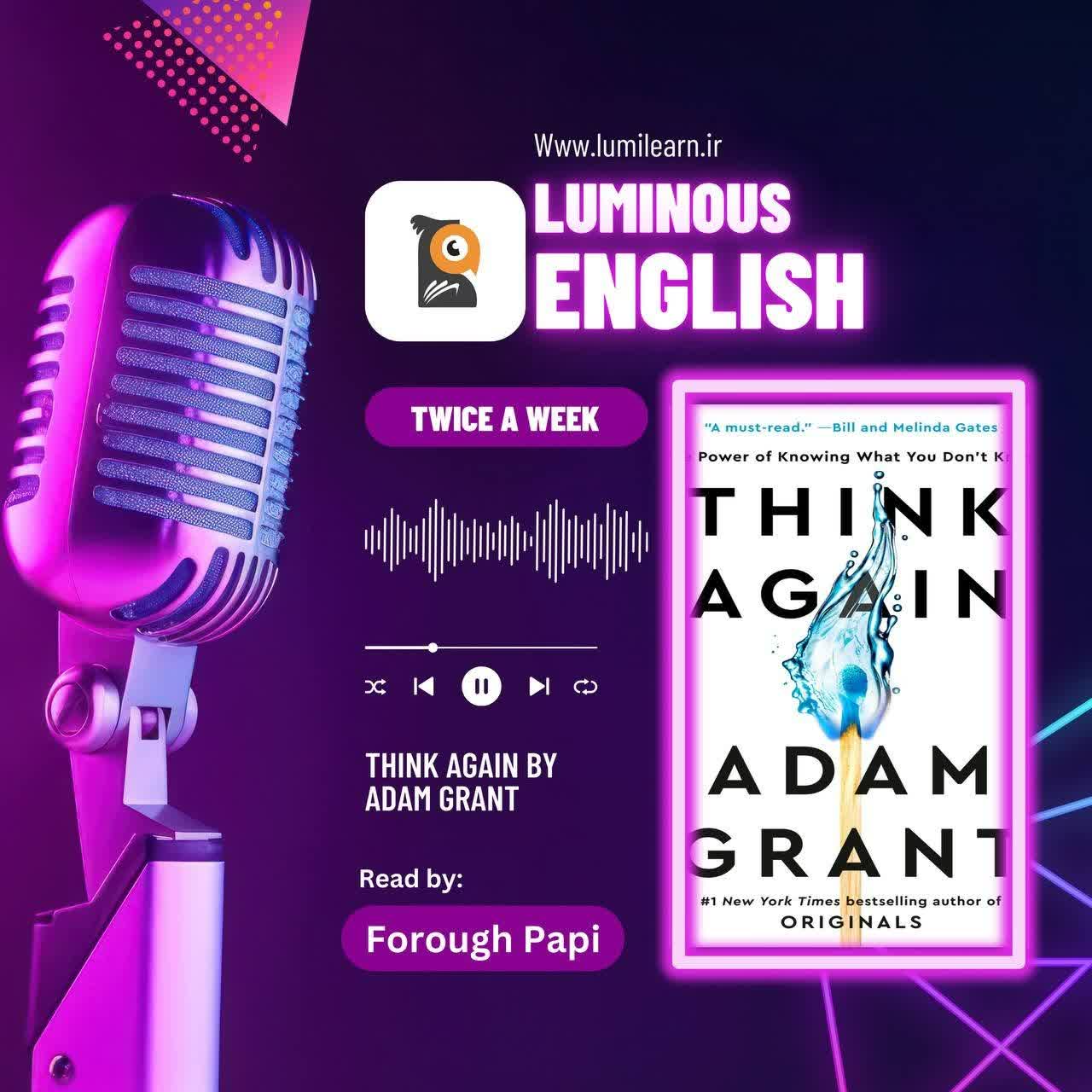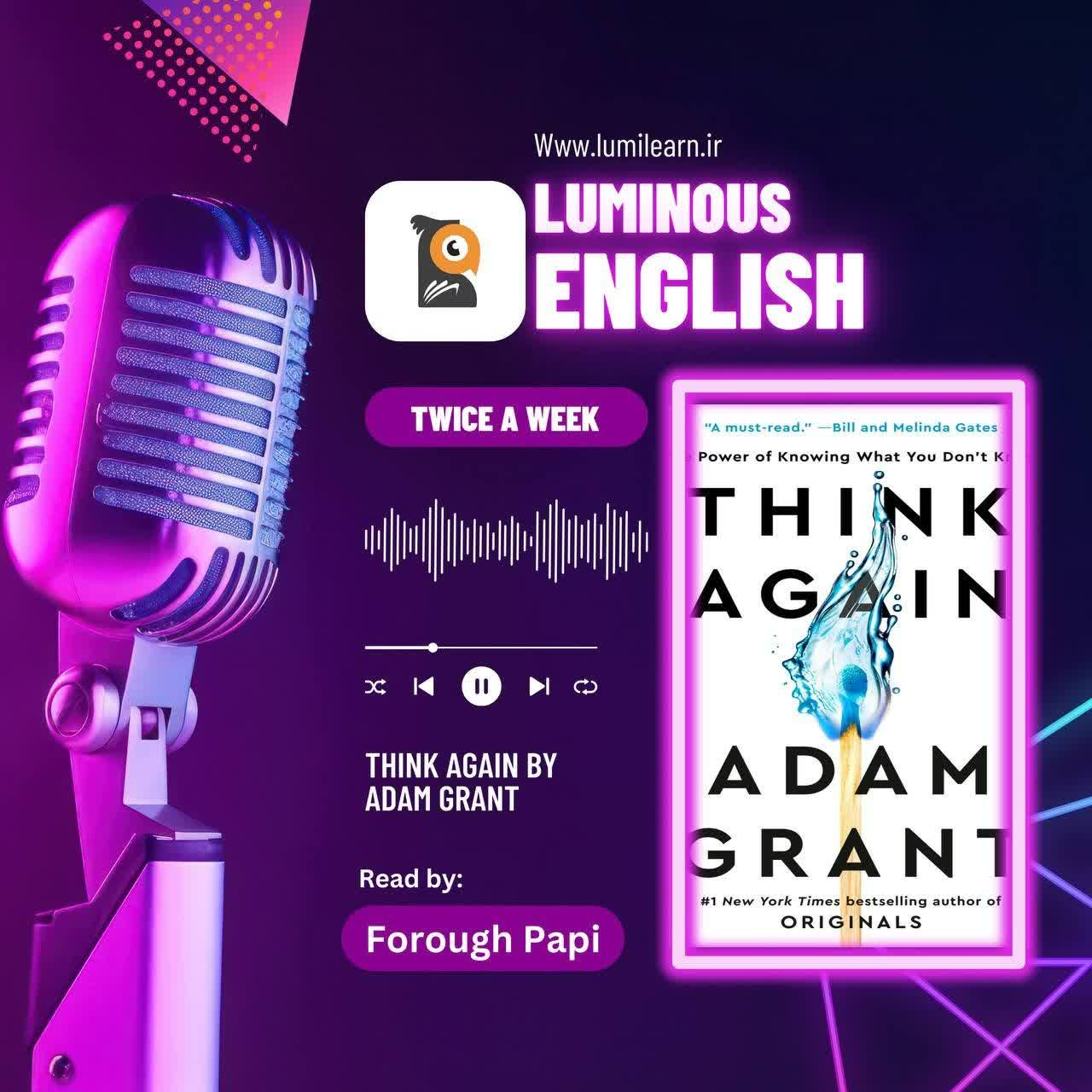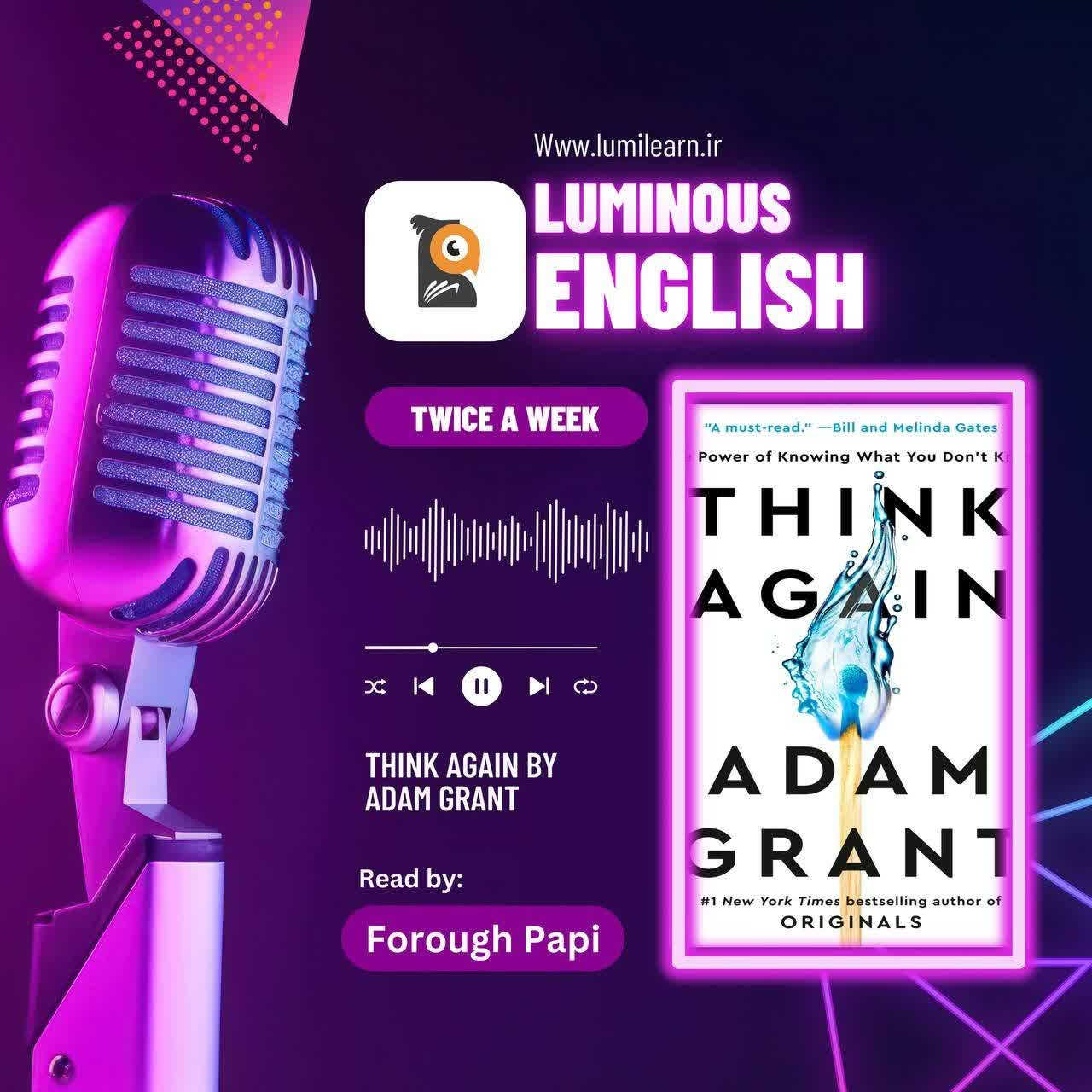Think Again-Day45
Description
اطلاعات بیشتر در مورد چالش های مکالمه
آیدی تلگرام Ad_lumi
When Donald Trump first declared his candidacy in the spring of 2015, Jean-Pierre gave him only a 2 percent chance of becoming the nominee. As Trump began rising in the August polls, Jean-Pierre was motivated to question himself. He detached his present from his
past, acknowledging that his original prediction was understandable, given the information he had at the time.
Detaching his opinions from his identity was harder. Jean-Pierre didn’t want Trump to win, so it would’ve been easy to fall into the trap of desirability bias. He overcame it by focusing on a different goal. “I wasn’t so attached to my original forecast,” he explained, because of “the desire to win, the desire to be the best forecaster.” He still had a stake in the outcome he actually preferred, but he had an even bigger stake in not making a mistake. His values put truth above tribe: “If the evidence strongly suggests that my tribe is wrong on a particular issue, then so be it. I consider all of my opinions tentative. When the facts change, I change my opinions.”
Research suggests that identifying even a single reason why we might be wrong can be enough to curb overconfidence. Jean-Pierre went further; he made a list of all the arguments that pundits were making about why Trump couldn’t win and went looking for evidence that they (and he) were wrong. He found that evidence within the polls: in contrast with widespread claims that Trump was a factional candidate with narrow appeal, Jean-Pierre saw that Trump was popular across key Republican demographic groups. By mid-September, Jean-Pierre was an outlier, putting Trump’s odds of becoming the nominee over 50 percent. “Accept the fact that you’re going to be wrong,” Jean-Pierre advises. “Try to disprove yourself.
When you’re wrong, it’s not something to be depressed about. Say, ‘Hey, I discovered something."
کانال خلاصه کتاب (https://t.me/luminous_bookclub)
کانال موزیک (https://t.me/luminous_music)
کانال مکالمات روزمره (https://t.me/foroughpapi)
پیج اینستاگرام: Luminous__english
Castbox channel: luminous english
📚هایلایت قسمت 45 کتاب Think Again
✅ Declare candidacy: Officially announce you're running for a position, اعلام نامزدی کردن
✅ Polls: Surveys that measure public opinion, especially during elections, نظرسنجیها
✅ Question oneself: To reflect and doubt your own beliefs or actions, زیر سؤال بردن خود
✅ Detach from the past: To separate your current thinking from old experiences or beliefs, جدا شدن از گذشته
✅ Desirability bias: Letting what you want to be true influence what you think is true, سوگیری مطلوبیت
✅ Fall into the trap of: Be easily tricked or caught by a common mistake, در دامِ ... افتادن
✅ Have a stake in: Have a personal interest or something to gain or lose, منافع داشتن در
✅ Not making a mistake: Avoiding errors or wrong judgments, اشتباه نکردن
✅ Truth above tribe: Valuing facts over group loyalty, راستگویی بالاتر از تعصب گروهی
✅ So be it: Accepting something, even if it’s not preferred, باشد، اشکالی ندارد
✅ Tentative opinion: An opinion that is not fixed or final, نظر موقتی یا غیرقطعی
✅ Curb overconfidence: Control or reduce the feeling of being overly sure, مهار اعتماد به نفس بیش از حد
✅ Go further: Take things a step beyond what's expected, فراتر رفتن
✅ Pundit: An expert who shares opinions publicly (often political), کارشناس رسانهای
✅ Look for evidence: Search for facts or proof, به دنبال شواهد بودن
✅ Factional candidate: A candidate who only appeals to a small group, نامزد جناحی یا گروهی
✅ Narrow appeal: Attractive to only a limited group of people, جذابیت محدود
✅ Outlier: A person or result that is very different from others, مورد استثنایی، متفاوت از بقیه
✅ Disprove yourself: Try to prove that your own belief is wrong, رد کردن فرضیه یا باور خود
✅ Accept the fact: Recognize something as true, even if you don’t like it, پذیرفتن واقعیت
✅ Be depressed about: Feel sad or down about something, افسرده شدن بابت چیزی
✅ Discover something: Realize or learn something new, often unexpectedly, کشف کردن چیزی

